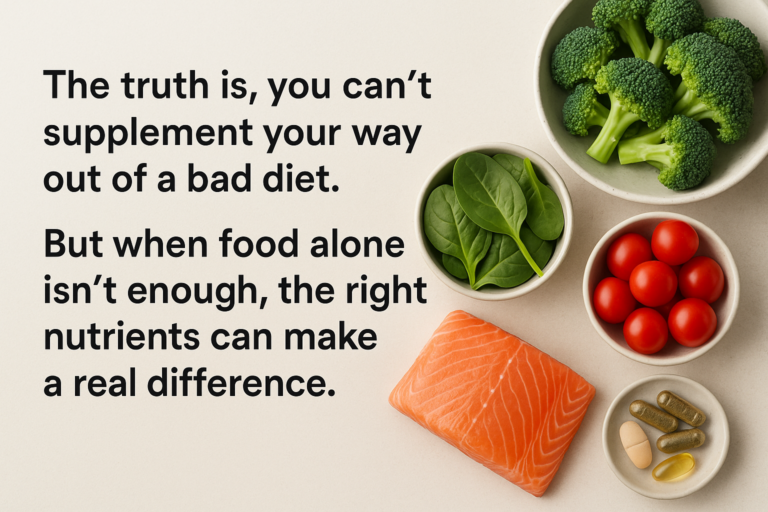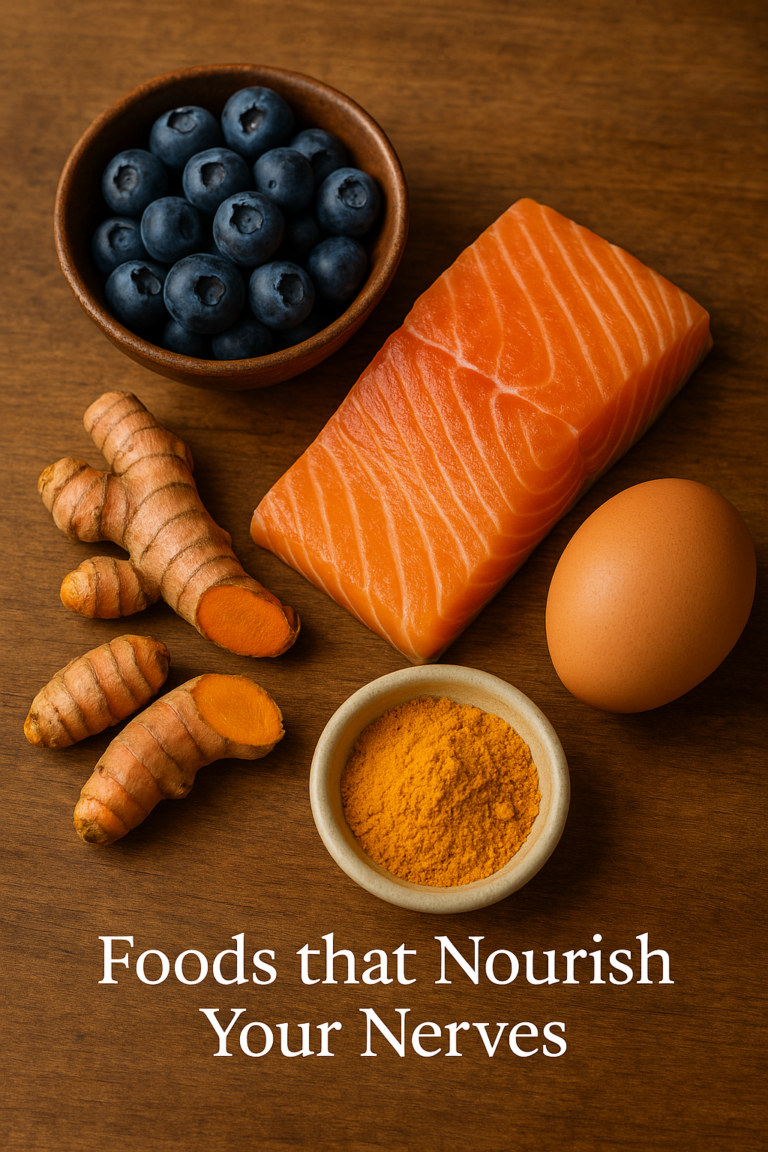In a world dominated by processed foods and fast meals, the Paleo diet stands out by promoting a return to the apparent eating habits of our Paleolithic ancestors.
Also known as the “caveman diet,” the Paleo diet emphasizes whole foods that our hunter-gatherer forebears would have consumed.
What is the Paleo Diet?
The Paleo diet is based on the idea that our bodies are best suited to the types of foods that were available to humans during the Paleolithic era, which ended around 10,000 years ago with the introduction of agriculture. The diet focuses on foods that can be hunted, fished, or gathered, such as:
- Lean meats (preferably grass-fed or wild game)
- Fish and seafood
- Fresh fruits and vegetables
- Nuts and seeds
- Eggs
- Healthy fats (like olive oil, coconut oil, and avocado)
The Paleo diet excludes foods that became common with the introduction of farming and industrial food production, such as:

- Grains (wheat, rice, barley, etc.)
- Legumes (beans, lentils, peanuts)
- Dairy products
- Processed foods and refined sugars
- Vegetable oils and trans fats
- Artificial additives and preservatives
What are the potential benefits of the Paleo Diet:
- Weight Loss and Management
The Paleo diet can help with weight loss and maintenance by emphasizing nutrient-dense, low-calorie foods. The focus on proteins and healthy fats helps promote satiety and reduce overall caloric intake.
- Improved Blood Sugar Control
By eliminating refined sugars and grains, the Paleo diet can help stabilize blood sugar levels. This makes it a beneficial dietary approach for individuals with type 2 diabetes or insulin resistance, helping to manage and potentially improve their condition.
- Better Heart Health
The emphasis on healthy fats, lean proteins, and plenty of fruits and vegetables can improve heart health. The diet encourages the consumption of omega-3 fatty acids, which are known to support cardiovascular health by reducing inflammation and improving cholesterol levels.
- Increased Energy Levels
Many people report increased energy levels on the Paleo diet. This is likely due to the stabilization of blood sugar levels and the consumption of nutrient-dense foods that provide sustained energy throughout the day.
- Enhanced Immune Function
The Paleo diet is rich in vitamins, minerals, and antioxidants, which are essential for a robust immune system. By reducing the intake of processed foods and artificial ingredients, the diet supports overall immune function and helps the body fight off illnesses.
Final thoughts on the Paleo Diet
The Paleo diet offers a return to the basics of nutrition, emphasizing whole, unprocessed foods that promote optimal health. From weight management and improved digestion to enhanced energy and better skin, the benefits of the Paleo diet are extensive.
As with any diet, it is important to look at all aspects and decide if this is the proper diet for you.
Don’t only look at the health aspects, but also what you will be eating and whether you’ll stick with it. Is it going to be something you “try” or is it going to be something you do?
It is also always a good idea to consult with a healthcare professional or nutritionist before starting a new way of eating.






